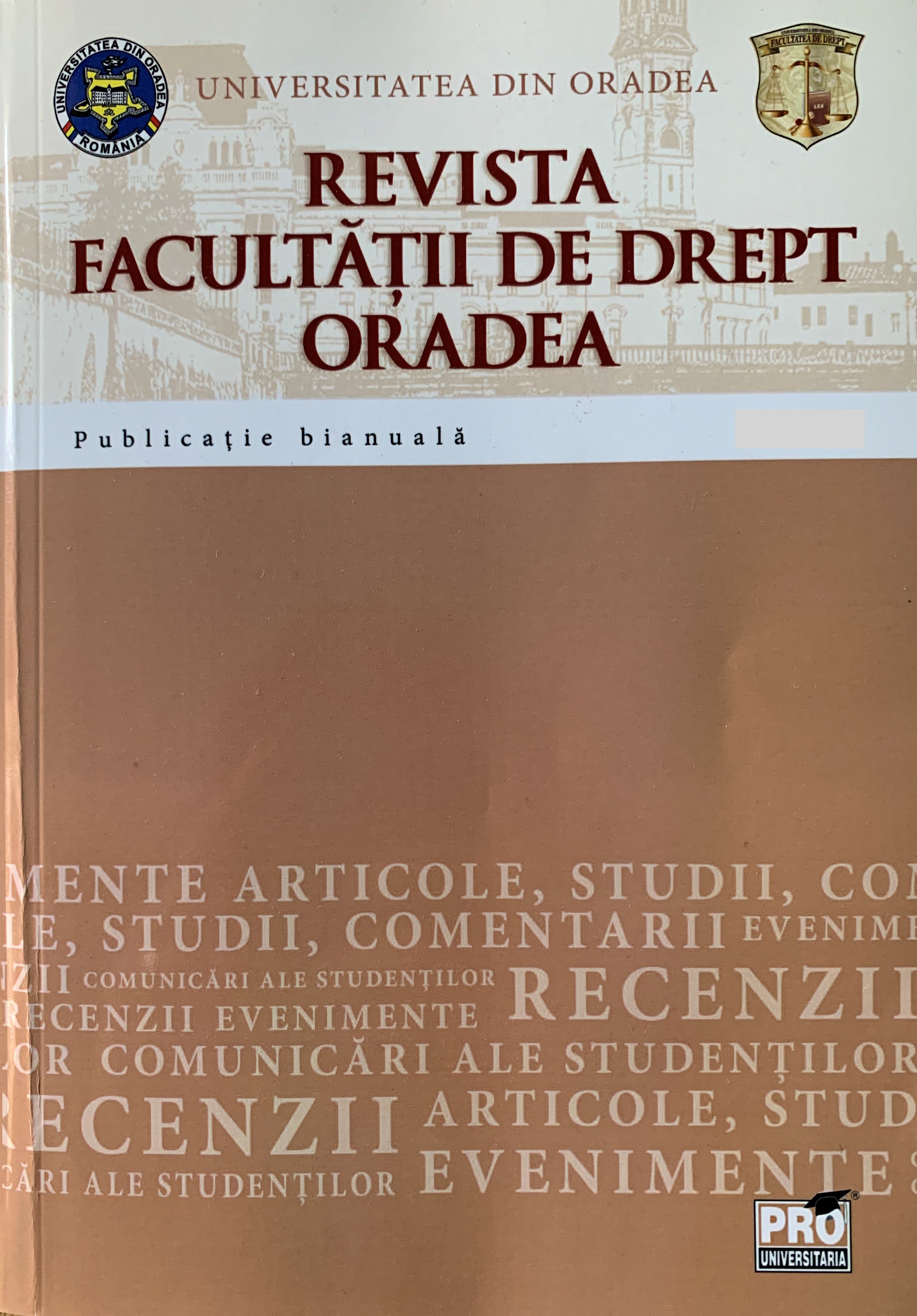Despre contractul de concesiune
About the Concession Agreement
Author(s): Voicu BaraSubject(s): Administrative Law
Published by: Editura Pro Universitaria
Keywords: concession; public goods; administrative contracts.
Summary/Abstract: Concession is the most widely used method of exploiting the public domain by the administrativeauthorities by granting rights to individuals.Concession of a public goods has been known since Antiquity, in the Roman law, but it was developedin the Middle Ages when concessions of "public goods" became an income source for monarchs or ameans of rewarding those engaged in political struggle with them.Then the French Domain Code of 1790 and subsequent regulations constituted an important step inthe development of the concession. The theory of administrative contracts has been created in theFrench law, the State Council laying the foundations for this concept through its jurisprudence.Therefore, the concession is a fixed-term legal operation of granting rights to exploit public goods orservices or carry out investments in public works, by individuals acting on their own risk and liability,in return for a fee that is paid to the public authority or it’s right to collect taxes.Both in theoretical and practical terms, the concession institution has continuously evolved into alegal operation which is used in most countries worldwide, irrespective of their legal system.In our legal system, the regime of concessions is extensively regulated in accordance with theEuropean Union directives. The general legal provisions are stipulated in Article 866, Articles 871-873 of the Civil Code, OUG 54/2006 which regulates the concession agreement for public propertyand Law no. 100/2016 which regulates concessions of works and concessions of services. The otherlegal acts relating to concession in different branches or fields of activity represent the specialprovisions in the matter. Therefore, the application of these legal regulations shall be made inaccordance with the principles of "generalia specialibus non derogant" and "specialia generalibusderogant".
Journal: Revista Facultății de Drept Oradea
- Issue Year: 1/2018
- Issue No: 2
- Page Range: 7-11
- Page Count: 5
- Language: Romanian

